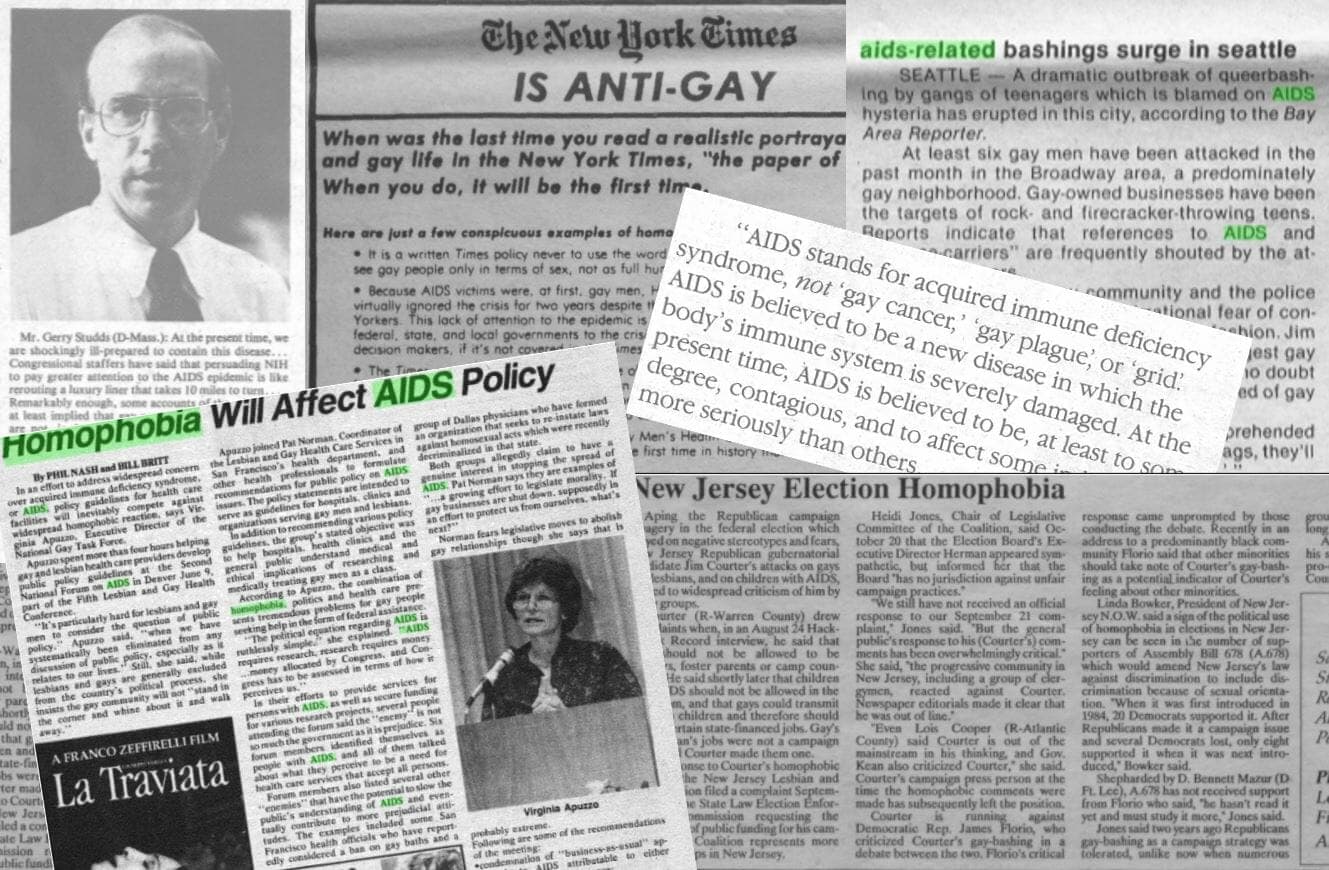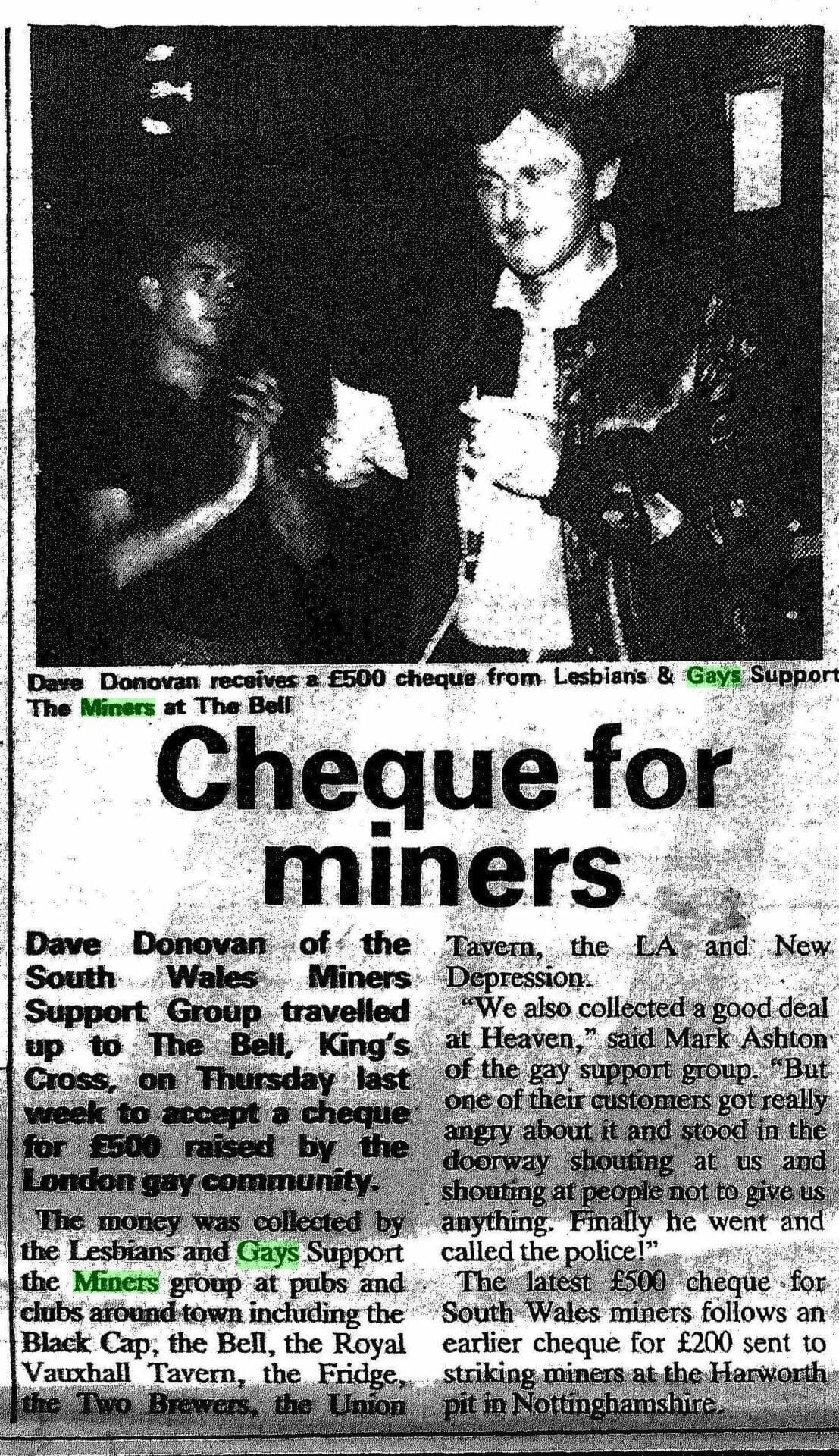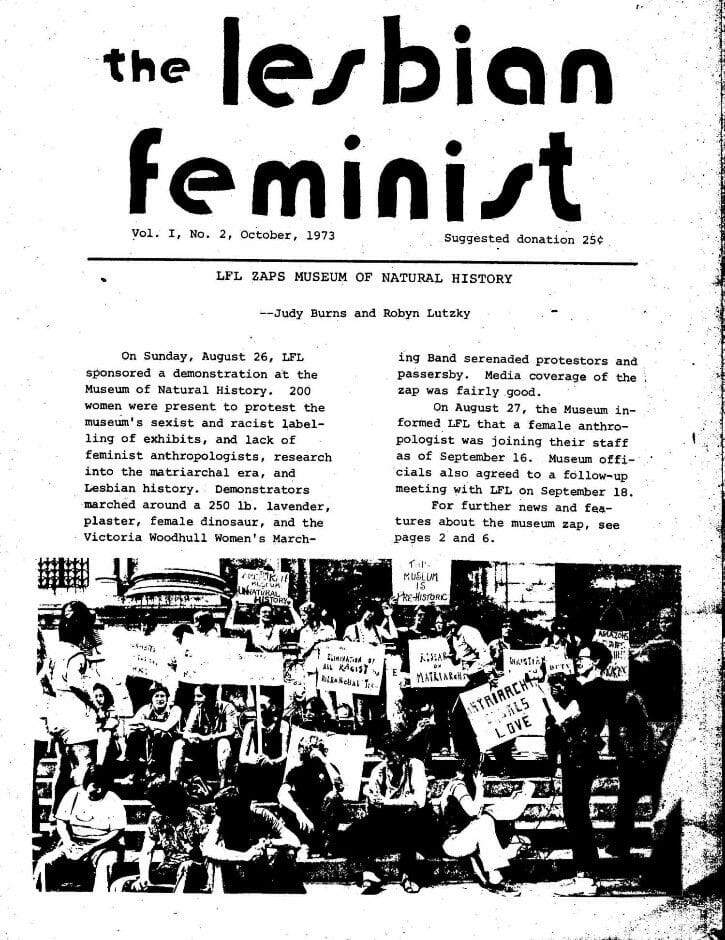|By Rory Herbert, Gale Ambassador at the University of Portsmouth|
During the early 1980s, AIDS became an ever-growing concern in the minds of Americans, and brought to the fore the deep-seated tensions and homophobic tendencies that plagued the nation’s media and political institutes. Gale’s Archives of Sexuality and Gender provides access to a wealth of sources that help us to understand the issues and struggles experienced by these long-oppressed and ignored members of society during a particularly trying period.



